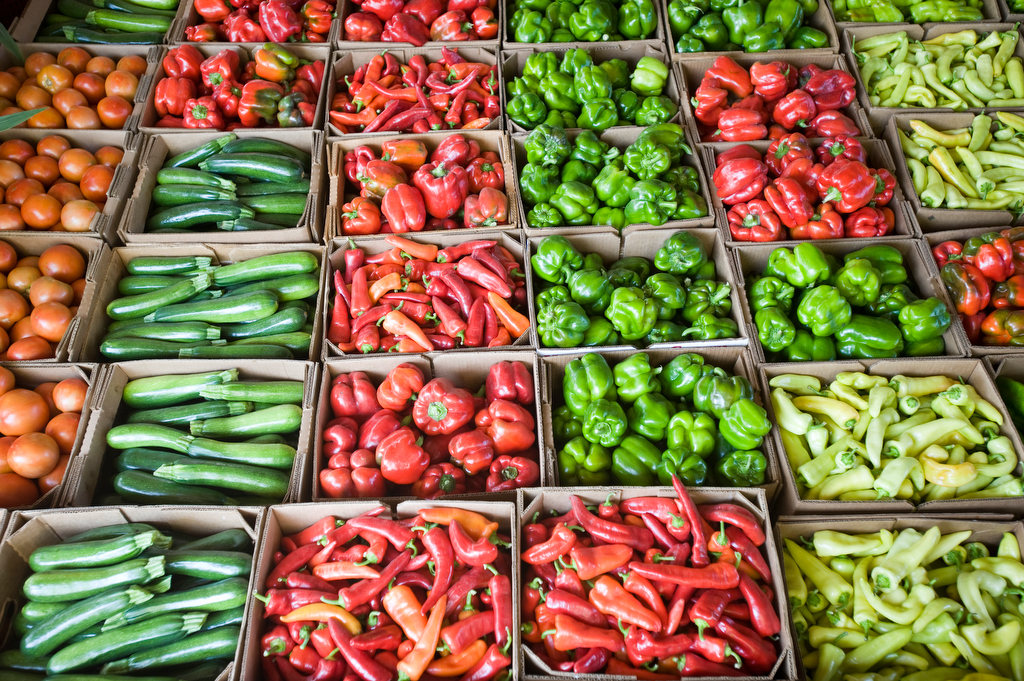
The FDA Food Safety Modernization Act (FSMA), the most sweeping reform of our food safety laws in more than 70 years, aims to ensure the U.S. food supply is safe by shifting the focus from responding to contamination to preventing it.
FSMA is comprised of several Final Rules that address different areas of food safety:
Final Rule on Produce Safety
The rule establishes, for the first time, science-based
minimum standards for the safe growing, harvesting, packing, and holding of
fruits and vegetables grown for human consumption. Key requirements focus on
agricultural water; biological soil amendments; sprouts; domesticated and wild
animals; worker training, health, and hygiene; and equipment, tools, building.
Final Rule for Preventive
Controls for Animal Food
The rule establishes Good Manufacturing Practices (GMPs),
requires Hazard Analysis
and Critical Control Points (HACCP) for animal feed, and mandates a recall
plan. There is an exemption to this rule for fully integrated farming
operations.
Final Rule on Sanitary Transportation of Human and Animal Food
The rule applies to shippers, receivers, loaders, and
carriers who transport food in the U.S. by motor or rail vehicle. All
transportation activities performed by a farm are excluded from the rule, but
farms are still subject to the Food, Drug and Cosmetic Act provisions that
prohibit the holding of food under insanitary conditions.
Final Rule for Preventive Controls for Human Food
The rule requires manufacturing and/or processing facilities
to establish and implement HACCP. This rule does not apply to operations
meeting the definition of “farm.”
Final Rule for Mitigation Strategies to Protect Food Against Intentional Adulteration
The rule applies to domestic and foreign companies that are
required to register under the Federal
Food, Drug, and Cosmetic (FD&C) Act.
Companies must do vulnerability assessments and implement mitigation
strategies to provide assurances that vulnerabilities will be minimized or
prevented. Farms are not required to
register and are not covered by this rule.
Final Rule on Foreign Supplier Verification Programs (FSVP) for Importers of Food for Humans and Animals
The rule requires that importers perform certain risk-based
activities to verify that food imported into the United States has been
produced in a manner that meets applicable U.S. safety standards. This rule has no impact on Maryland farmers—other
than assuring that produce or other food imported from foreign countries must
meet the same food safety standards as U.S. growers and processors.
Final Rule on Accredited Third-Party Certification
The rule addresses requirements for accreditation bodies and
third-party certification bodies seeking accreditation. The certification body
would be used by importers to establish eligibility for participation in the
Voluntary Qualified Importer Program which offers expedited review and entry of
food. FDA may also require certification
in certain circumstances to prevent potentially harmful food from reaching the
U.S. This rule has no impact on Maryland
farmers.